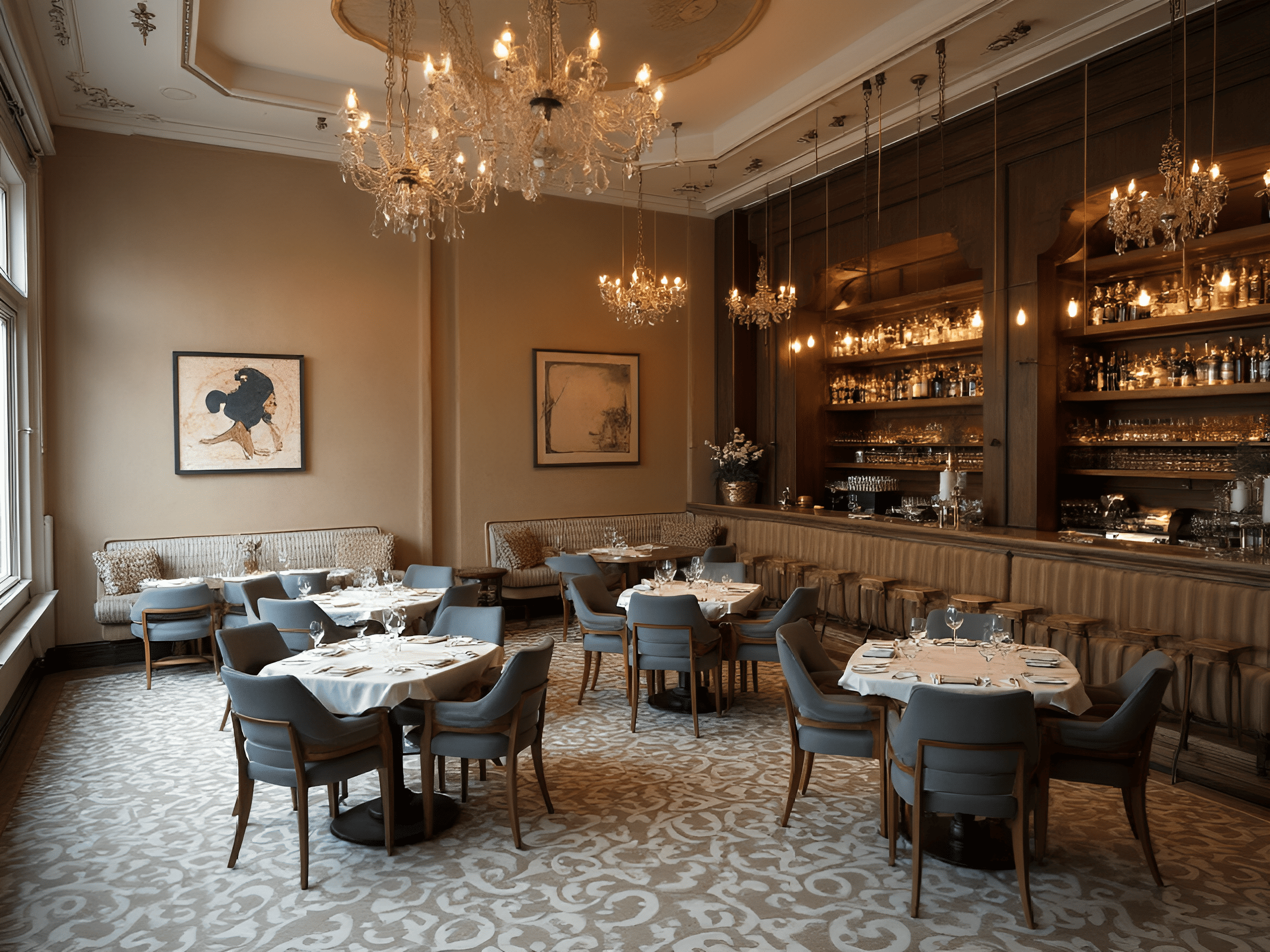Restaurant business without mistakes: how it doesn't close in the first 12 months
Concept selection and market analysis
Before launching, it is important to determine the direction of the future business. The concept should take into account the target audience, competitors, and location features. Without an accurate understanding of demand, it is difficult to create an up-to-date menu and create an attractive offer for guests. Analytics helps to determine the price segment, the level of utilization of the area and the preferences of potential visitors.
Financial planning and budget
Mistakes at the stage of drawing up a restaurant’s business plan lead to a shortage of funds after a few months. All items of expenditure should be worked out in detail: rent, purchase of equipment, payroll, advertising budget, taxes, utility bills. Taking into account possible force majeure and creating a financial reserve helps to withstand the first months of work without serious risks.
Location search and repair
The location of the restaurant affects the flow of guests and operating costs. High throughput increases the likelihood of stable loading, but requires significant investments. When choosing a location, it is necessary to take into account the convenience of logistics, the kitchen area, and engineering communications. The preparation of the premises includes coordination with regulatory authorities, purchase of equipment and interior design.
Team formation
The quality of service and the level of satisfaction of the guests depend on the professionalism of the staff. The hiring of chefs, waiters, managers and technical staff should be based on qualifications and experience. It is important to build a motivation system, assign responsibilities, and implement work standards. A specialized application for the restaurant helps to monitor working hours, payroll and compliance with internal regulations.
Product purchase and cost control
Effective inventory management prevents excess costs and losses. Using digital tools helps you track the volume of purchases online, minimize write-offs, and analyze the profitability of menu items. Working with trusted suppliers and regular inventory audits help to maintain stable product quality.
Organization of kitchen work
Well-established cooking processes ensure the speed of service and optimize staff workload. Clear zoning of the kitchen, control of technological maps and automated accounting of orders make it possible to avoid delays and improve the quality of dishes. The integration of the management system when creating a restaurant reduces the likelihood of errors and speeds up the interaction between waiters and chefs.
Promotion and attraction of guests
Without active restaurant marketing, even the most conceptual establishment goes unnoticed. Launching advertising campaigns, working with reviews, and promoting on social networks help build a loyal audience. Using a CRM system allows you to accumulate information about the preferences of guests, build personalized offers and return visitors.
Process automation and business control
Modern technologies greatly simplify the management of the restaurant. Special applications for restaurants help you monitor finances, analyze sales, manage staff and inventory. The digital ecosystem reduces the impact of the human factor, increases the transparency of work and allows owners to quickly respond to changes in the business.
The establishment requires detailed planning and effective management at all stages. Restaurant automation helps to reduce costs, increase control and profitability of the business. Leave a request and we will select a management system that optimizes the work of the institution and ensures its stable development.
